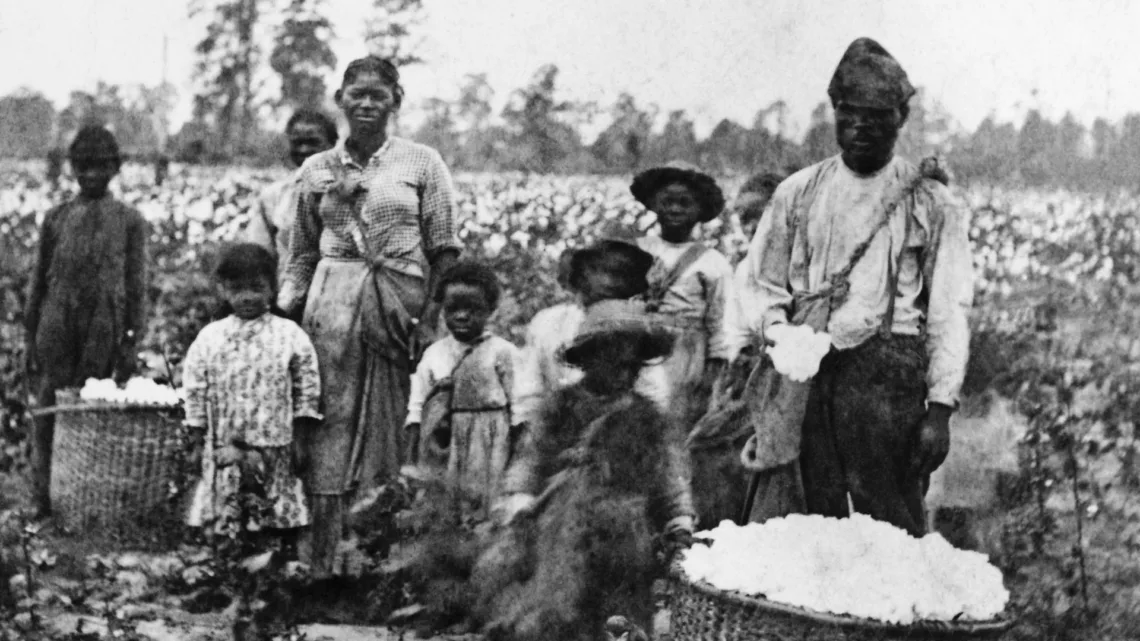On March 25th each year, the world comes together to observe the International Day of Remembrance of the Victims of Slavery and the Transatlantic Slave Trade. This solemn occasion serves as a poignant reminder of one of the darkest chapters in human history – the transatlantic slave trade, which saw millions of Africans forcibly uprooted from their homelands, subjected to unimaginable horrors, and robbed of their dignity and freedom.
For Nigeria, a nation deeply intertwined with the legacy of the transatlantic slave trade, this day holds profound significance. Centuries ago, the shores of Nigeria bore witness to the harrowing scenes of human bondage, as countless men, women, and children were captured, traded, and shipped off to distant lands as chattel slaves. The scars of this traumatic past continue to reverberate through Nigerian society, shaping its cultural, social, and economic fabric to this day.
As we commemorate this solemn occasion, it is incumbent upon us to not only honor the memory of those who suffered and perished but also to confront the enduring legacies of slavery and systemic racism that continue to afflict our world. In Nigeria, the echoes of slavery are heard in the persistent socio-economic inequalities, the prevalence of human trafficking, and the scourge of modern-day slavery that continue to plague our society.
While Nigeria has made significant strides in addressing these issues, much remains to be done. It is imperative that we confront the root causes of exploitation and injustice, tackle the structural inequalities that perpetuate vulnerability to modern-day slavery, and ensure that the voices of survivors and descendants of slavery are heard and respected.
Moreover, as we reflect on the International Day of Remembrance, it is crucial to recognise the resilience, strength, and resilience of the victims of slavery and their descendants. Despite centuries of oppression and adversity, they have persevered, preserved their cultural heritage, and contributed immeasurably to the rich tapestry of Nigerian society.
In commemorating the International Day of Remembrance of the Victims of Slavery and the Transatlantic Slave Trade, let us reaffirm our commitment to combating all forms of slavery, exploitation, and discrimination. Let us strive to build a world where the dignity, rights, and freedoms of all individuals are upheld and respected, regardless of their race, ethnicity, or background.
As we honour the memory of the millions who suffered and perished in the transatlantic slave trade, let us also pledge to work towards a future where justice, equality, and human dignity prevail – a future that truly reflects the spirit of resilience and solidarity that defines the human spirit.
On this solemn occasion, let us remember, reflect, and recommit ourselves to the noble cause of eradicating slavery and building a better, more just world for generations to come.





